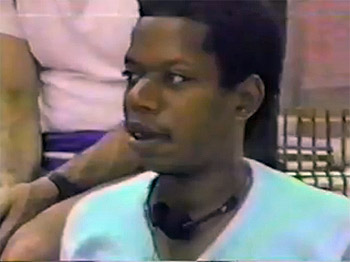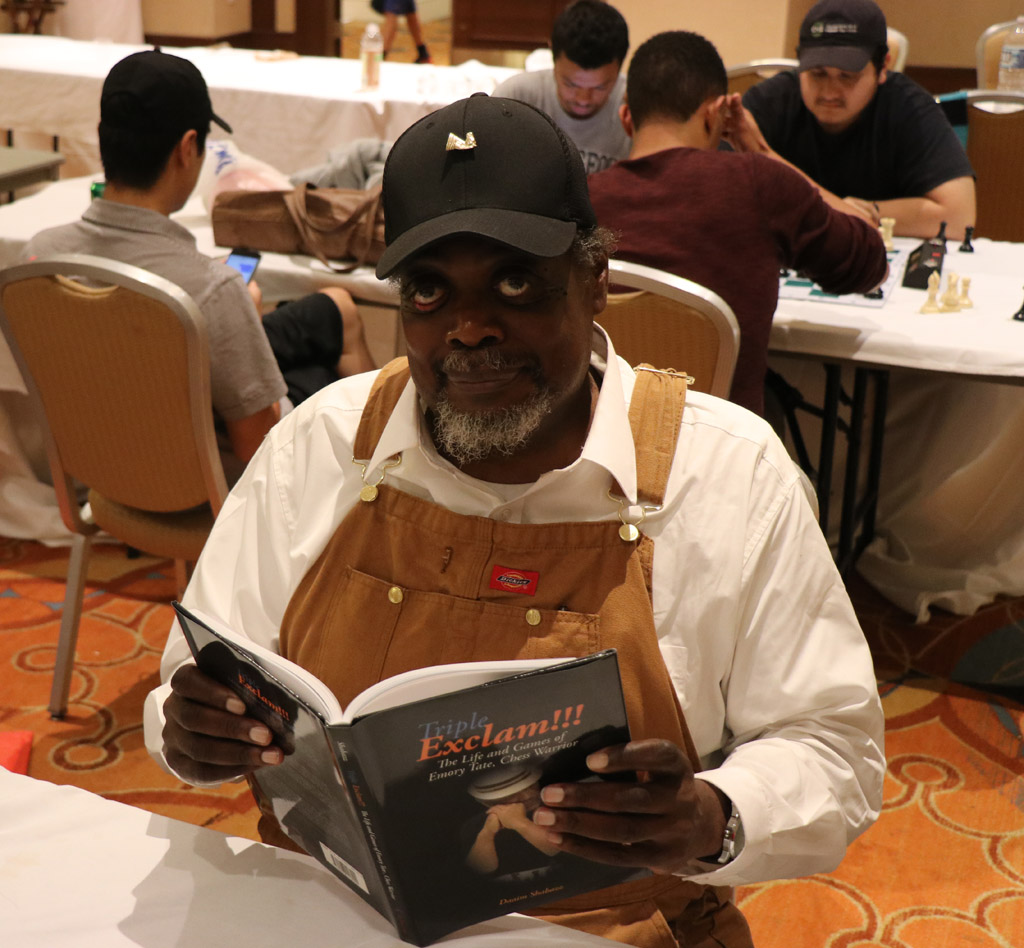

You can use this framework to make sense of work done, a project that was delivered, or any feedback received. The structure is built around an event (“what”), the implications of that event (“so what”), as well as next steps (“now what”). This exercise was created for a learning environment, but it’s also great for teams.

Good for: creating action items specifically tied to issues that were identified

Good for: identifying specific actions to take, looking both backwards and forwards Check out some recommendations, based on what’s worked for different teams and situations at Miro. That said, we all have our preferences and favorites. Otherwise, teams start going through the motions – even with good facilitation,” advises Vanessa Sequeira. “As a facilitator, I like to start with something really simple and keep doing the same one for a while so the team gets comfortable with it and doesn’t have to spend the mental energy learning a new format.”Īt the same time, teams that run frequent retros might get fatigued and need a new approach. “The framework you choose is whatever gets a good result from the team,” explains Pete Lim, Agile Coach at Miro. How do you know which one to go with? It turns out that the answer is “it depends,” and what you get out of it largely depends on what you put into it.
Miro reverby how to#
(This quarter, it’s introducing remote-friendly social hours for team bonding and inviting senior leaders to AMAs for visibility into company priorities.) I am now a retro believer! How to choose a retrospective templateįor something so straightforward, it can sometimes feel like there is a dizzying array of different retros to choose from. My team runs them every quarter, and at the end we always choose two or three focus areas with specific action items and owners. The experience is positive, energizing, and insightful. It empowers teams to inspect and adapt to the way they work rather than the work itself,” says Vanessa Sequeira, head of people design at Miro. “In my opinion, the retrospective is the most important Agile ceremony – and it’s often the one that most teams skip. I'll always remember our very first chess game, in the Life Cafe, when Emil midway through our game suddenly declared that our position was simply too good for us, we were not worthy of it, and in the most good-natured way possible refused to continue! Ahaha.And in practice, one of the ways we commit to always learning and getting better is by running retrospectives: on the team level, the company level, and on specific projects. Emil, bouncing some black clad punk rocker chick on his knee and talking her into panhandling him a beer! He had had more 'girlfriends' than teeth! And not a bad chess player at all. EMIL! Half-homeless old, battered, tattered and broke but with the most extraordinary elegant manners, a philospher of mischief with a blazing sparkle in his eye, always up to some prank, some absurd story. I can smell the beery peed-behind-a-tree funk mixed with fried food wafting over from Leshko's and somebodies joint and someone else's rollyourown tobacco the sun coming down thru the trees and punks and homeless making their livin'-in-public racket yelling about what not and everyone yakking in some bizarre accent or another and Emil. *EDIT* Well I found the Fargo films site and the outtake picture shows a guy in a red hat playing chess, that's Chris! I've played him a mazillion times! A dollar a game. Hell man, if it was made anytime between 19 I'd have to be in it. you've got to give me a link to the Tompkins Park chess movie. English commentary though several parts are in Russian.Ĭiggies. Short documentary about chess players in Chicago’s South Side.įilm about chess players in NY’s Tompkins ParkĪ film by Joel Calmette on Kasparov. Look at Fischer – Spassky’s 1972 World Championship match. Very interesting and would love to know more.Ī look into the amazing life of Susan Polgar, as well as considering the psychology of chess.Īnything to Win: The mad Genius of Bobby Fischer

Have only seen a 7-minute trailer but looks like a documentary on street chess in San Francisco. Interesting documentary looking at Washington Square Park and the Manhattan Chess Club during the 1980’s. Perhaps the most well known chess documentary looking at Kasparov’s 1997 match against IBM’s Deep Blue.ġ2 chess professionals talk about their passion for the game. Not knowing the copyright status on each I haven’t provided links but most can be found using Google or are available on Youtube. Haven’t seen a thread dedicated to Chess Documentaries rather than films so thought I would start one and list some of the documentaries I’ve found online.


 0 kommentar(er)
0 kommentar(er)
